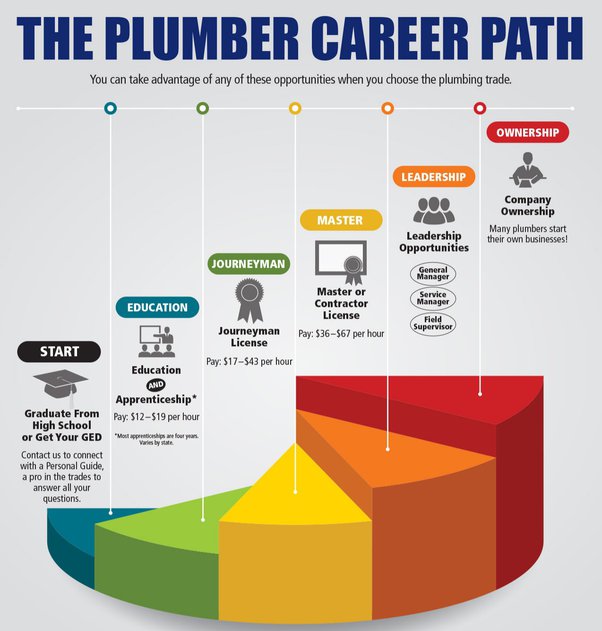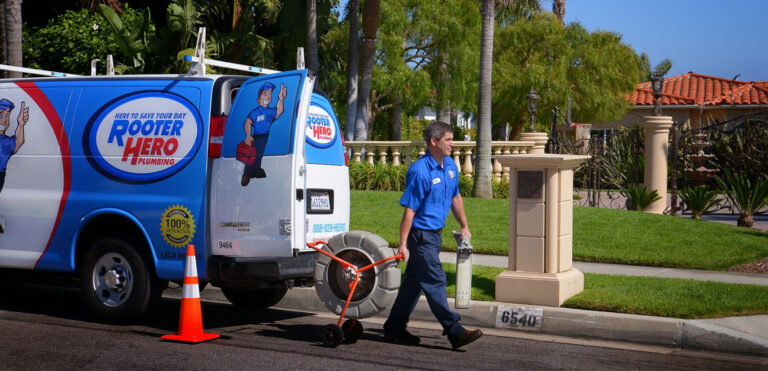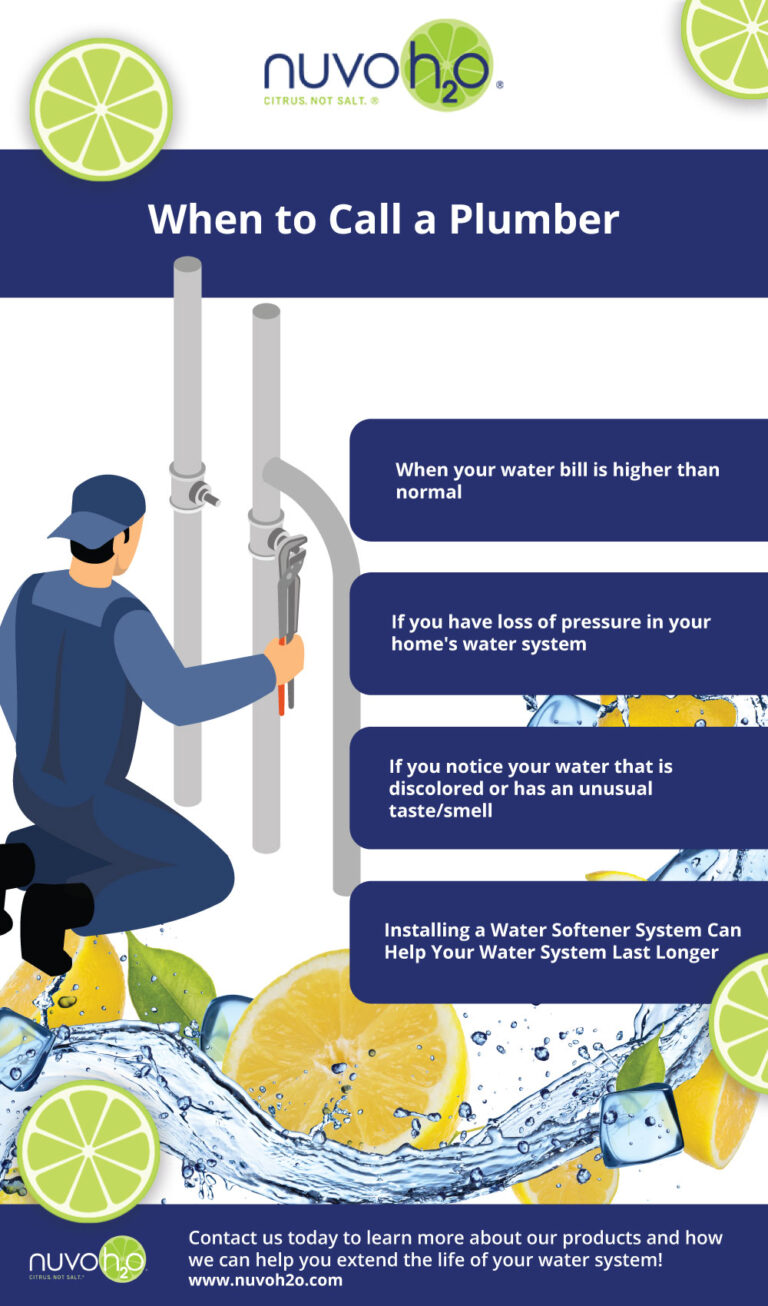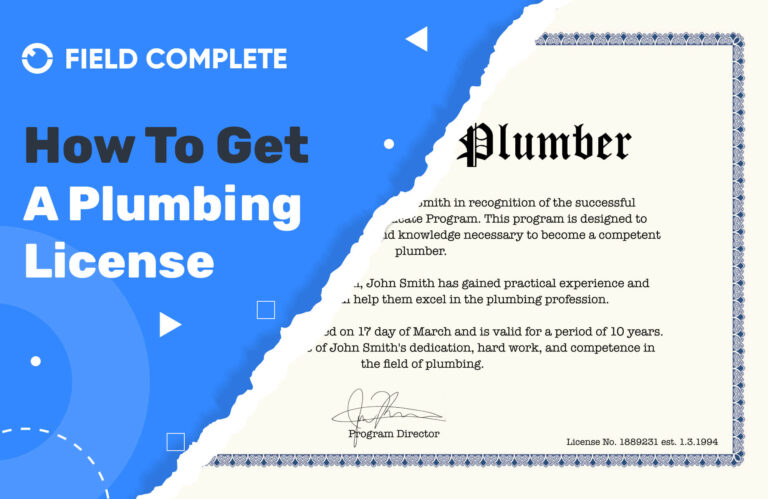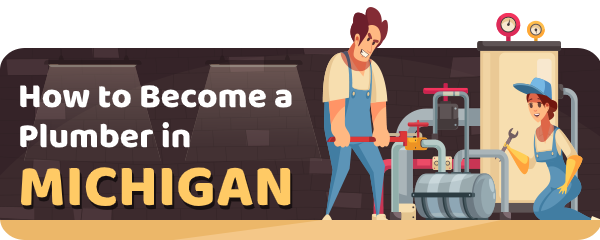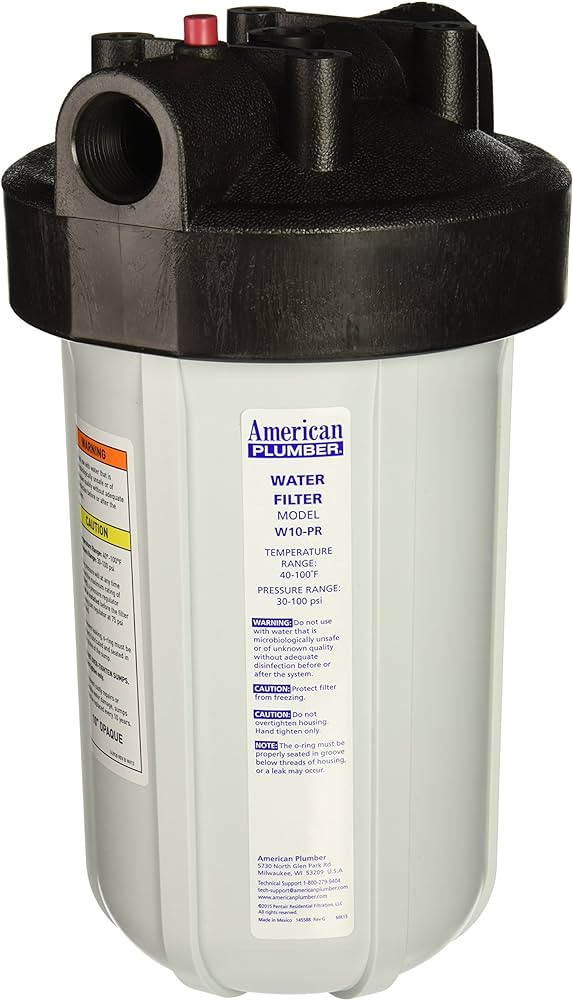How Long Is Plumber School?
Plumber school is a form of post-secondary technical education designed to prepare individuals to work as plumbers in the residential, commercial, and industrial sectors. It typically involves classroom-based instruction, hands-on training, and an apprenticeship program. Depending on the program, plumber school can last anywhere from a few months to two years. Upon completion of the program, students are prepared to take the necessary licensing exams and start a career as a professional plumber.
Types of Plumber Training
Plumbers are responsible for the installation, maintenance, and repair of pipes, fixtures, and other plumbing equipment used for water distribution and waste water disposal in residential, commercial, and industrial buildings. Plumbers require specialized training to be able to handle the various types of systems used in buildings. There are many different types of plumber training available, each designed to help plumbers develop the knowledge and skills needed to work in a particular area of plumbing. From basic plumbing and pipefitting to more advanced drainage systems or water-heating systems, plumbers can find the right training program to match their career goals. Plumber training can include courses in safety, installation, repair, maintenance, and troubleshooting, as well as certification programs and apprenticeships. With the right training, plumbers can be well prepared to provide quality services to customers.
Duration of Plumber Training
Plumbing training is an essential part of becoming a professional plumber. Depending on the level of experience you have, and the type of plumbing job you are looking to undertake, the duration of training can vary. Generally, for entry-level positions, you can expect to attend a few weeks of classroom-based instruction and hands-on training. More advanced plumbing jobs, such as those involving gas and water systems, may require you to complete an apprenticeship lasting up to four years. Additionally, most states require plumbers to be licensed, which usually requires completing a certain number of hours of practical experience. With the right training, you can be ready and qualified to work as a plumber in no time.
Cost of Plumber Training
The cost of plumber training can vary greatly depending on the program and the specific course of study chosen. Generally, there is an initial cost for enrolling in a plumbing program, as well as the cost of materials and tools. The cost of plumber training also varies depending on the institution and the type of certification sought. Some programs may require additional fees for licensing exams, while others may offer special discounts for those who complete their courses in a timely manner. Ultimately, it is important to research and compare different plumbing programs in order to find the most cost-effective option. With the right training and preparation, a professional plumber can be a valuable asset to any home or business.
Plumber Licensing Requirements
Plumbing is an important part of our modern lives, and as such, requires special licensing in order to ensure that the people doing the work are qualified to do so. Plumber licensing requirements vary from state to state, but typically include a combination of education, experience, and passing a licensing exam. In some states, additional requirements such as background checks may also be necessary. It’s important to be aware of the specific requirements for plumber licensing in your area to ensure that you’re working with a qualified and certified professional.
Benefits of Attending Plumber School
Attending plumber school is an excellent way to launch a successful career in the plumbing industry. This type of schooling provides essential training and knowledge that is not easily acquired through other means. Plumber school offers a wide range of benefits, including the opportunity to gain hands-on experience, develop professional skills, and network with industry leaders. Not only will this give you a competitive edge in the job market, but it will also increase your earning potential and open the door to a variety of career paths. Plumber school offers an invaluable foundation for those looking to start a career in the plumbing industry.
Finding the Right Plumber School for You
Are you looking for a plumbing school that can help you get your career off the ground? It can be difficult to find the right school for you, as there are many different options available. But with the right research and guidance, you can find the perfect plumbing school that meets your needs. Before you start your search, consider the type of plumbing you’re interested in, the location of the school, the cost of tuition, and the length of the program. Once you’ve narrowed down your options, compare the schools side-by-side to determine which is the best fit for you. Ultimately, selecting the right plumbing school can provide you with the skills and knowledge you need to start your career on the right foot.
FAQs About the How Long Is Plumber School?
1. What type of degree does a plumber typically earn?
Answer: Most plumbers earn either a two-year Associate’s degree or a four-year Bachelor’s degree in plumbing technology.
2. What topics are typically covered in a plumber school program?
Answer: Plumber school programs typically cover topics such as plumbing systems, piping, fixtures, safety, tools, blueprints, and codes.
3. How long does it typically take to complete a plumber school program?
Answer: Most plumber school programs take two to four years to complete, depending on the type of degree being earned.
Conclusion
Plumber school can be a great option for those who want to learn a new trade, but it is important to remember that it can take anywhere from two to five years to complete a plumbing program and obtain a license. During this time, students will learn about different techniques, tools, and materials used in the plumbing profession. Additionally, they may also be required to take written and practical examinations to prove their knowledge. After completing a plumbing program, students will be qualified to work in the plumbing industry.

